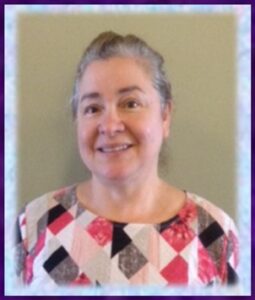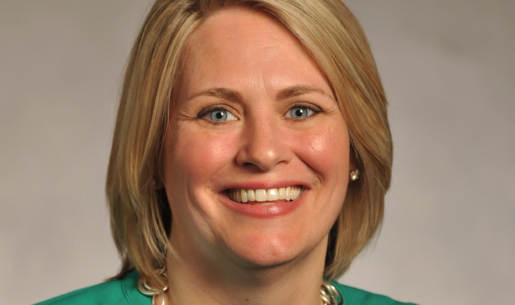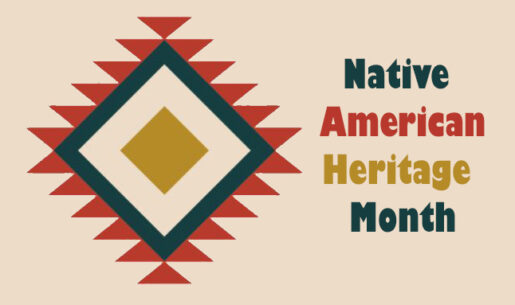In her words:
 “It is an honor for me to know that I am considered among the TOP 5 women with the most seniority in Community Health Care, and I feel very proud because throughout my career I have enjoyed working for all these years in different areas in which I had the opportunity to benefit many people with limited resources.
“It is an honor for me to know that I am considered among the TOP 5 women with the most seniority in Community Health Care, and I feel very proud because throughout my career I have enjoyed working for all these years in different areas in which I had the opportunity to benefit many people with limited resources.
Just a few years ago, the female gender was not even taken into account as a workforce and now opportunities have increase, however it is our duty to inspire new generations to change that, since there are still many women who are discriminated against and do not have the same opportunities. For this reason, we must fight so that in the future this idea changes and that men and women have the same job opportunities.
I thank Community Health Care for the trust and opportunity to be one of the oldest Community Health Workers and I hope to be an example for more women to continue working hard for the same cause.”
The definition of a Community Health Worker according to the National Heart, Lung, and Blood Institute:
Community health workers (CHWs) are lay members of the community who work in association with the local health care system in both urban and rural environments. CHWs usually share ethnicity, language, socioeconomic status, and life experiences with the community members they serve. They have been identified by many titles, such as community health advisors, lay health advocates, promotoras, outreach educators, community health representatives, peer health promoters, and peer health educators. CHWs offer interpretation and translation services, provide culturally appropriate health education and information, help people get the care they need, give informal counseling and guidance on health behaviors, advocate for individual and community health needs, and provide some direct services such as first aid and blood pressure screening.1
Since CHWs typically reside in the community they serve, they have the unique ability to bring information where it is needed most. They can reach community residents where they live, eat, play, work, and worship. CHWs are frontline agents of change, helping to reduce health disparities in underserved communities.
- Mentoring 21%
- Social support 46%
- Transportation 36%
Among the many known outcomes of CHWs’ service are the following:
- Improved access to health care services.
- Increased health and screening.
- Better understanding between community members and the health and social service system.
- Enhanced communication between community members and health providers.
- Increased use of health care services.
- Improved adherence to health recommendations.
- Reduced need for emergency and specialty services.1
CHWs Take Action to Promote Heart Health in the Community
The Initiative’s health education materials are designed to be taught by CHWs, who are trained to use these materials to help community residents improve their quality of life by adopting heart healthy behaviors.
With the help of the Initiative, CHWs are able to:
- Help families understand their risk for developing heart disease.
- Help community members get appropriate screenings and referrals for health and social services.
- Track an individual’s progress toward meeting health goals.
- Hold workshops and group discussions to learn about ways the community can promote heart health.
- Teach people how to prepare heart healthy meals, get more physical activity, and stop smoking.



